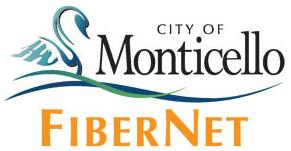
Chattanooga's EPB Fiber, a municipal FTTH system owned by the city's electric power board, has dramatically lowered its prices for the gigabit connection and increased all Internet speed tiers.
The slowest connection you can get from EPB Fiber is 100 Mbps symmetrical - and it comes at the same price that most cable tiers start at for much slower connections - $58/month. Want a gig? That is now $70/month. Here is the announcement:
The Washington Post covered the story, including several quotes from me.
DePriest tells me that EPB's fiber network is "a great profit center." In the four years the service has been active, the utility company has increased its mid-tier speeds three times — from 15 Mbps to 30 Mbps, from 30 Mbps to 50 Mbps and now from 50 Mbps to 100 Mbps. About 2,500 elite users will enjoy 1-gig speeds by the beginning of October.
Phil Dampier has more coverage at StoptheCap.com, including an analysis of AT&T and Comcast competition.
AT&T charges $65 a month for 24/3Mbps service — its fastest — with a 250GB monthly usage cap, currently not enforced. For $5 more, EPB customers get 1,000/1,000Mbps with no usage limits or overlimit fees.
A recent article in the Chattanoogan noted that Chattanooga had surpassed 50,000 subscribers and was on path to surpass Comcast in subscriber base locally.
Mr. DePriest said Comcast had some 122,000 customers on the EPB grid when EPB launched its rival program. He said Comcast is down to around 75,000 and will likely drop to around 60,000 next year.





